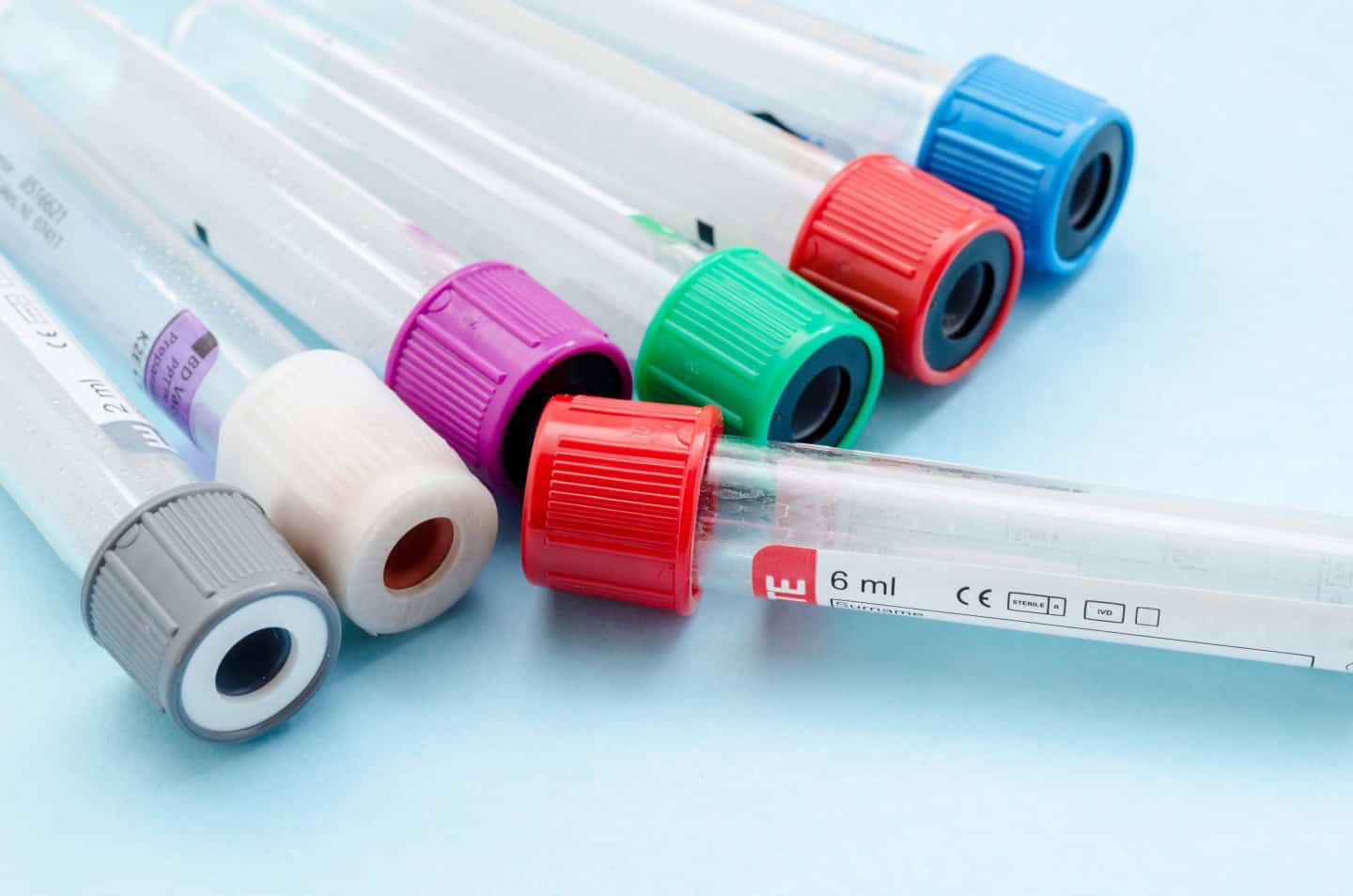
Exciting research updates in the world of brain tumours using blood tests for diagnosis
Did you know that there are over 130 types of brain tumours?
Last year, I produced a blog series considering low-grade and non-malignant brain tumours – exploring what these are, how these are diagnosed and why it is important that these types of brain tumours are diagnosed in time. I wanted to raise awareness of these tumours because traditionally, brain tumours are under-researched when compared to other conditions, including types of cancers.
The current method by which most brain tumours are diagnosed is by way of:
• CT and MRI scan
• Surgical biopsy
However there are drawbacks to these methods. Firstly, it can be time consuming to obtain a hospital referral. Secondly, a biopsy is invasive and it carries its own risks depending on the positioning of the tumour in the brain. It may not always be available.
In recent blogs, I outlined some exciting developments in the world of brain tumours through cutting-edge research by teams at the University of Plymouth and the University of Sussex, looking at simple blood tests that could diagnose brain tumours.
These researchers were looking at how blood tests could be developed to help doctors diagnose and treat brain tumours much more quickly and less invasively. The research has moved on since I last commented, and I have shared some interesting updates below.
University of Plymouth – meningioma research
I had previously shared that the university of Plymouth team, in conjunction with Brain Tumour Research had discovered a biomarker in the blood that could help to identify the grade of a meningioma. Meningiomas are tumours that grow on tissues that line the brain called the meninges. Whilst most of these are non-malignant, less rarely, some can invade the surrounding tissues and grow larger, causing complications.
Their research has shown that meningioma cells release different amounts of certain chemicals compared to normal cells. They release less of a chemical called miR-497 and more of a chemical called miR-219, and it has been found that the quantity of chemical miR-497 in someone’s blood is linked to the grade of the meningioma.
This is an exciting development because the chemical concentrations could be measured in a blood test which could one day, be offered to patients more widely. This could help clinicians to understand the grade of the meningioma and could help inform decisions about what treatment is needed, more quickly. It also could mean that we remove the need for an invasive surgical biopsy.
The team at Plymouth are now analysing blood samples from patients who have undergone surgical removal of a meningioma, in order to study this in greater detail. I am hoping we hear more about the results soon.
University of Sussex – glioblastoma research
Earlier, this year I shared research undertaken by the University of Sussex who were looking at how glioblastomas could be diagnosed more easily.
A glioblastoma is a cancerous/malignant, high grade tumour that can develop in the brain or in the spinal cord. It is usually an aggressive type of tumour.
The team were looking at blood tests that could help to identify a glioblastoma, because their research found that there were specific biomarkers for these types of tumour. Again, a blood test would be much less invasive and would provide a quicker method of diagnosis.
More recently, with funding from Action Against Cancer, the team have been looking into differentiation therapy – a method by which malignant cells are changed into non-malignant cells using certain drugs. The idea is that the cells then divide and grow more slowly, limiting further growth of the tumour. It is understood that this would be significantly less invasive than other methods of tumour removal such as neurosurgery.
Hopes for the future
I have worked with several clients over the years who have been diagnosed with a range of brain tumours, including meningiomas and glomous tumours. In nearly all cases, the diagnosis has been overlooked, delayed or wrong, leading to a delay in their treatment and sadly too often, an adverse outcome. It’s a really frustrating and sad problem that simply shouldn’t happen.
Brain tumours are historically under researched and therefore it’s exciting to see these developments, which have the potential to change so many lives for the better. I will be watching the new developments in brain tumours with interest so stay tuned for more exciting updates.










